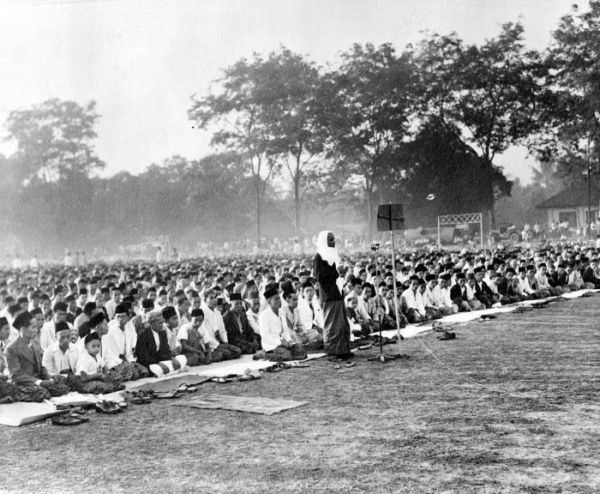Facts About Lebaran
Lebaran, also known as Idul Fitri, is one of Indonesia's most significant national holidays. This celebration typically spans two days, with additional days often declared as bank holidays. Many people, particularly Muslims, take paid leave during this period to partake in the festivities.
The term "Lebaran" is of varied potential origin, possibly derived from the Javanese, Sundanese, or Betawi languages. This festive occasion, which is believed to have commenced in the 15th century, blends Javanese culture with Islamic traditions. Unique customs such as "sungkem" (a gesture of respect) and the consumption of "ketupat" (rice cakes) play an integral role in the celebrations.
Prior to Lebaran, several significant activities take place. People receive a Lebaran bonus, shop for new clothes, and participate in "mudik" the tradition of returning to their hometowns. The night before Idul Fitri, known as "takbiran" is marked by various rituals and cultural practices.
On Lebaran day, everyone dons new clothes, exchanges warm greetings, and seeks forgiveness. Families gather for special meals, and children are given "uang lebaran" or money in colorful envelopes. Traditional attire such as "baju koko" for men and "kebaya kurung" for women are commonly worn. After Lebaran, it is customary to visit graves and participate in "halal bi-halal" rituals to strengthen social bonds.

 Malaysia
Malaysia